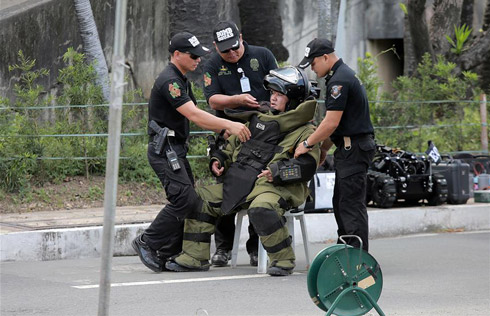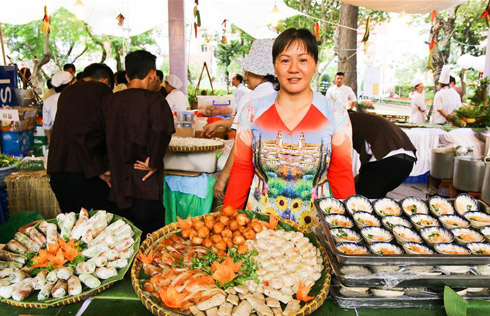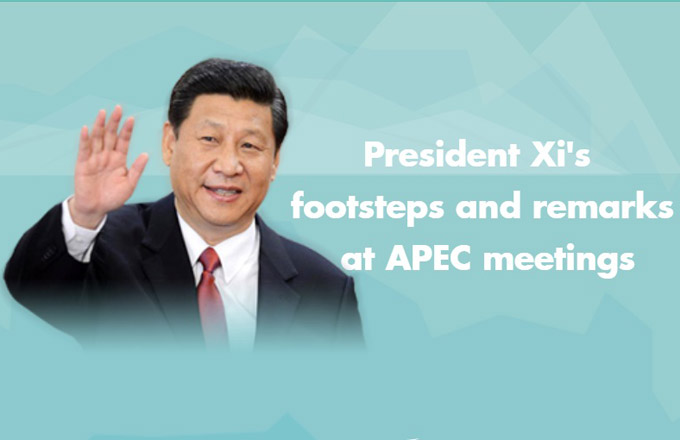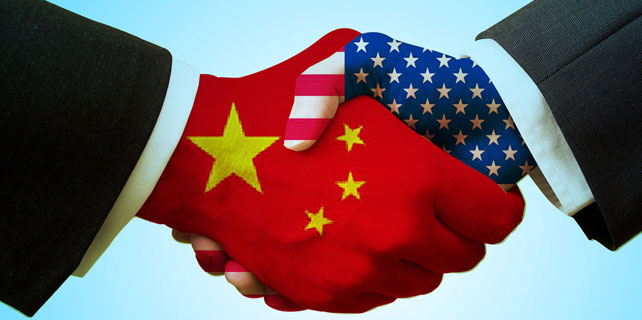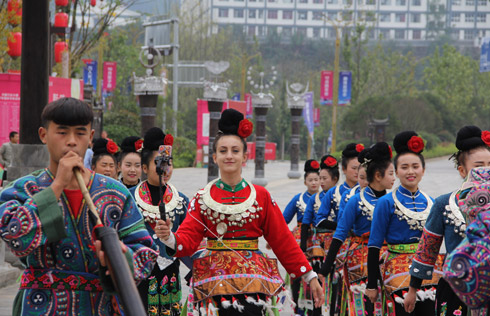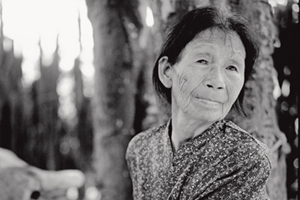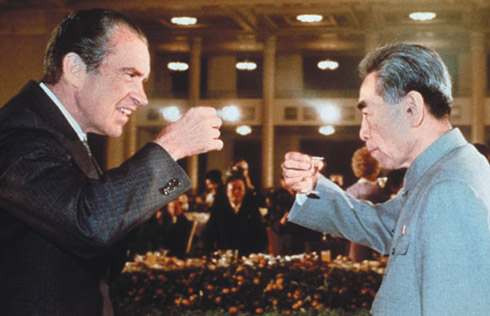Video games leading charge to spread culture among young people
For young people in Vietnam, it's becoming fashionable to lead virtual Chinese heroes in their fight against devils.
Digital screens offer ample ground for cultural resonance between China and Vietnam among younger generations. Video games have been pioneers in building this bridge.
Beijing-based Perfect World, one of China's major video game providers, marched into the Vietnamese market in 2006, only two years after its founding.
The company has released about 20 video games in Vietnam, including games designed for computers, mobile devices and other online platforms, said Xiao Hong, CEO of Perfect World.
"Vietnam is an important market when Chinese game companies go abroad," Xiao said. "Young players in Vietnam, like students and office workers, play a crucial role in spreading Chinese culture."
When the fantasy-themed mobile phone game Zhu Xian was released by Perfect World in Vietnam in July, it quickly climbed as high as second place on the iOS download list in that country.
The game, adapted from an online novel, does not have an official English name but is commonly known as "Jade Dynasty" by overseas players.
In September, another mobile phone game, The Heaven Sword and Dragon Saber, which is based on the 1960s classic wuxia novel by Jin Yong, also went online in Vietnam. Wuxia is a Chinese genre roughly translated as "martial chivalry".
"The number of users is growing rapidly," Xiao said. "The cultural and geographic affinity between China and Vietnam enables us to more easily acquire a foundation of fans."
A competitive market has been taking shape. The mobile phone game market in Vietnam in 2016 was valued at $215 million, representing an annual increase of 18 percent, Xiao said.
Nearly 40 million people in Vietnam are video game players, yet some 35 percent of the companies operating games have been squeezed out of the market in the past year.
Xiao said Vietnamese users show less inclination than their Chinese counterparts to pay for content, and Vietnam also has stricter rules - all games must go offline at midnight.
"We have to respect different habits and make some adjustments to get used to the local market," Xiao said.
More aspects of Chinese popular culture have been ushered into young people's daily lives in Vietnam, including online novels and television series. In that environment, Perfect World, an entertainment colossus that also has a presence in the film industry, seems to have bigger ambitions.
"Following the Belt and Road Initiative, more excellent representatives of Chinese culture, like animation and TV series, will have opportunities to be brought into Vietnam," he said. "It will be a key channel to promote China-Vietnam cultural communication."
wangkaihao@chinadaily.com.cn








